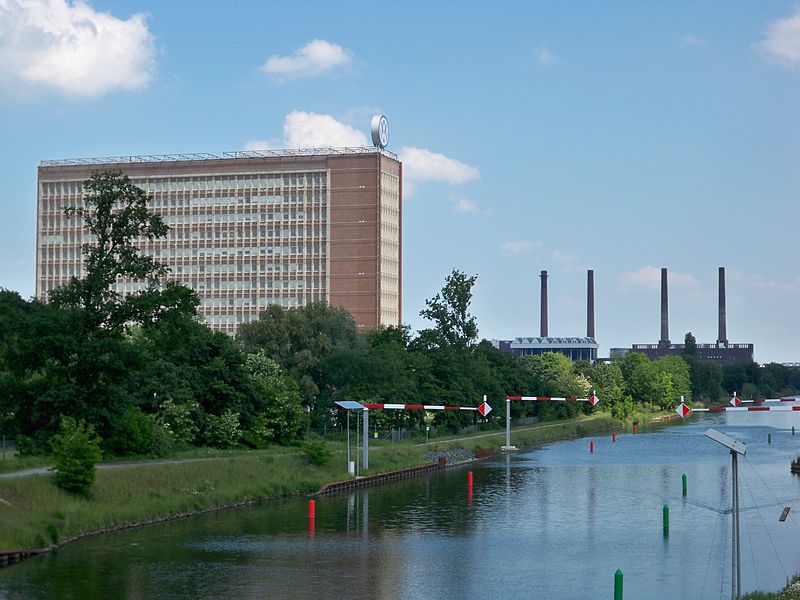
Hot Soup
Peshawarites have had it pretty rough with the weather this summer. Every city in Pakistan seems to have gotten a balanced amount of rain within a reasonable time span except around here. The weather has been nothing short of sweltering for weeks - especially for those of us too rich to turn on the air conditioning - let the record state, that I neither confirm nor deny that I'm speaking from personal experience! Anyway, luckily for financial professionals, there hasn't been much activity on the international commercial front (after the Brexit disaster) that bore much relevance to the Pakistani economy in general or the Khyber Pakhtunkhwa (KP) economy in particular. Until now. Apparently, the summer vacation is over & small but important developments are unfolding thick & fast.
"The Road To Success Is Always Under Construction." - Lily Tomlin
First came the news that the KP Provincial Government has decided to send a delegation to Beijing in August to discuss KP economic interests & priorities in connection with the China Pakistan Economic Corridor (CPEC). It was promptly followed by a sudden (but reportedly planned) business visit to China by Punjab Chief Minister Shahbaz Sharif. Some analysts interpreted CM Sharif's trip as an encouraging sign that the KP delegation is so thoroughly prepared that he felt insecure lest his constituency/province falls by the wayside in the course of the distribution of the profitable contracts that are expected both during & after the construction of the Corridor. (Of course, it's equally possible that the constant reminders of possibly pointless London sabbaticals hanging in the home atmosphere may have prompted the need for a change of air - nobody can be absolutely certain).
Admittedly, the positivity generated by the expected KP delegation visit to China (date currently unspecified) was somewhat marred by the media announcement that The Department For International Development (DFID) had been caught (allegedly accidentally) funding subversive activities in Haripur, Hazara (among other places).
The reason the locals were worried was that being legally found guilty of "An attempt to transform the established social order & its structures of power, authority, & hierarchy through a process by which the values & principles of a system in place are contradicted or reversed." (courtesy Wikipedia), may upset business relations with the DFID &, by extension, our British friends.
But, as it turns out, such fears were misplaced. The British Council has graciously stepped in to the DFID-shaped breach to teach what the DFID forgot in terms of attention to detail so as to prevent underlings from plotting conspiracies against the host nation, to the Members of the KP Provincial Assembly. The press statement announcing the MoU between the BC & KP brought about a huge sigh of relief, that business would be able to continue unhindered on the road of progress. If Mr. Jim Booth (British Council Acting Country Director) had consented to it, many Peshawar commoners would have been prepared to kiss his hands with gratitude!
"If You Don't Know Where You Are Going, Any Road Will Get You There." - Lewis Carroll
But, there is a somewhat-disconcerting question still lingering on the horizon: Something called an "Accountability Movement" has been announced for August 7, 2016, by a rather-chatty local politician. In a reportedly uncharacteristic twist, it will not be inaugurated in the Pakistani Federal Capital Islamabad (where the loquacious guy actually lives), but from KP instead. However, there is no information about what this activity actually entails, which begs the question: Will it have a disruptive effect on the concentration levels of the KP delegation set to discuss the KP portion of the Corridor in Beijing? Speaking on behalf of the wage-earners, free-lancers, traders, land-owners & law-abiding citizens of KP, I sincerely hope not.








